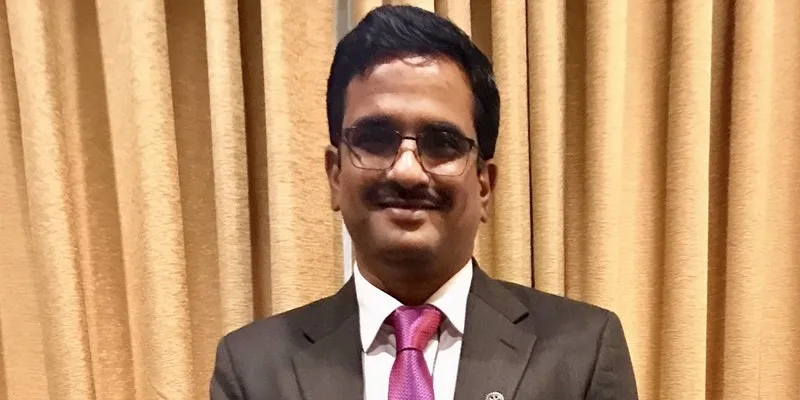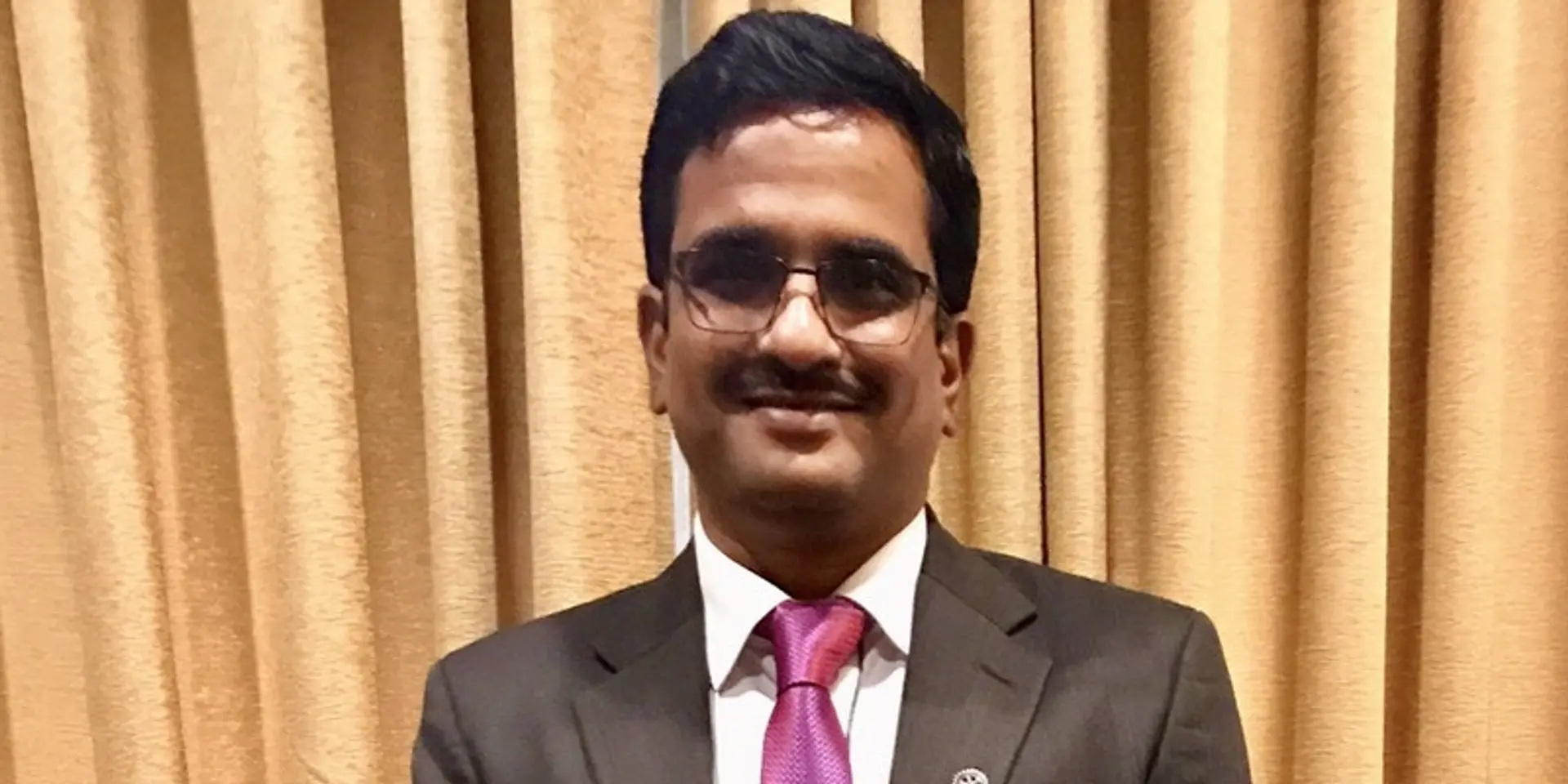This Mumbai-based business is helping make compliance a top priority for SMEs
Started by Seemant Shrivastav in 2015, Attentio Corporate Services LLP is a boutique investment banking, consulting, and compliance advisory firm, and is helping SMEs in their growth journey.
A boutique investment banking, consulting, and compliance advisory firm, Attentio Corporate Services LLP is helping small and medium businesses in their growth journey.
Started by Seemant Shrivastav in 2015, Attentio Corporate Services LLP is a firm of professionals, and is present in Mumbai, Delhi, Pune, Bengaluru, and Hyderabad.

Seemant Shrivastav
The firm has three verticals: investment banking, management, and legal compliance.
The investment banking vertical helps businesses with target fundraising, both debt as well as equity. The ticket sizes can range from as low as Rs 1 crore to a maximum of Rs 30-40 crore.
“Beyond Rs 30-40 crores, the biggies come into the picture. So we stay with ticket sizes that are more suitable for startups and SMEs. Besides investment banking, we also do a lot of business planning evaluation. I am a certified valuer and a registered member of the insolvency bankruptcy board that helps me carry out a lot of valuation under the corporate laws,” Seemant says.
Under its management vertical, the company typically offers CFO services. Here, its range of services is quite wide, including ERP installation or cleaning up systems and processes, or bringing a sensitivity analysis of what-if scenarios about the cash flows, building models, reporting systems, reducing the cost of finance, and negotiating with bankers.
The third vertical is the legal compliance, which Seemant’s wife Shalini and her team take care of. “She has been working with a lot of listed companies,” he says.
Compliance, an issue
Interestingly, Seemant’s experience with helping companies IPO-ready has helped him gain many insights into small and medium businesses.
Startups and SMEs also come up with issues around corporate governance and reporting structures. “There are plenty of instances where because promoters think they run a proprietorship business, they can mix personal expenses with corporate expenses. So you see, we need to build all that sensitisation and ensure checks and balances in their system,” he says.
Hence, Seemant says, their pricing model can’t be standardised as it depends on the project, manpower, skill sets, and the time required to complete the project.
Seemant says compliance is a low priority for most SMEs.
“They think once they start the business, they have to just focus on running the business. So they are aware of compliances like filing tax returns, GST, and annual corporate returns, but there are a bunch of other things also that they need to take care of, especially around governance angles. Like I mentioned earlier, stuff like an owner of a company putting personal expenses in the company tab and so on.”
According to him, when such businesses are either going through an acquisition or a due diligence, then these are red marks on their books. “So we need to sensitise a lot of these things.”
Such issues are more prevalent in family-run businesses, according to Seemant. “They have been running it for so many years and when they want to go in for venture funding or maybe getting ready for an IPO, then these things need to be brought out. They need to be sensitised to separate their personal expenses from their business.”
Checklist for companies
Is there a checklist for companies that are either looking to get acquired or are looking to go IPO?
According to Seemant, there definitely is a checklist but these are customised according to the company. There’s nothing like one size fits all.
“I'll give you an example. Let's say, it’s a pharma company. Pharma is a highly regulated sector compared to a services industry and hence the checklist will be vast. But the nuances need to be brought out after studying the rules. Thankfully, we have access to experts in various domains who help us out,” he adds.
With a team of 12 employees, Attentio Corporate Services LLP was also instrumental in helping local language technologies startup Reverie Language Technologies during its acquisition by Reliance Industries.
“I got in touch with Reverie around the same time that I started my company in 2014. The initial requirement was that they were looking for seed funding because till that time Reverie was bootstrapped. So that was pretty much a small organisation. Initially, when Arvind Pani (Co-founder of Reverie) called me they were only 10-15 people and they needed help with drawing up a scalable business plan that would appeal to VCs,” says Seemant.
He adds that he admires both Arvind and Vivek Pani (Co-founder of Reverie) as they were receptive to compliance and governance issues. Seemant’s company has been involved with Reverie in its major milestones.
A lot of systems and process had to be in place. Things as simple as the vendor payment process, customer onboarding process, leave policy, reimbursement of expenses, and insurance were put in place by Seemant’s team.
“I consider myself as an internal stakeholder at Reverie rather than a consultant. It has really been a rewarding journey with Reverie. And after all these years when Reverie was on the verge of being acquired by Reliance, we again went through the whole process of due diligence which was more complicated and one of the strictest in the world, but still we were able to meet their expectations,” adds Seemant.
A career professional, Seemant says taking up entrepreneurship has been a big learning experience for him. He adds, “While working as a professional, there was not too much of a customer interface. When you are on your own, you have to be everything from the peon to the CEO.The initially years helped me pick up these finer aspects of running my own business.”




1563874718888.png?fm=png&auto=format&h=100&w=100&crop=entropy&fit=crop)




